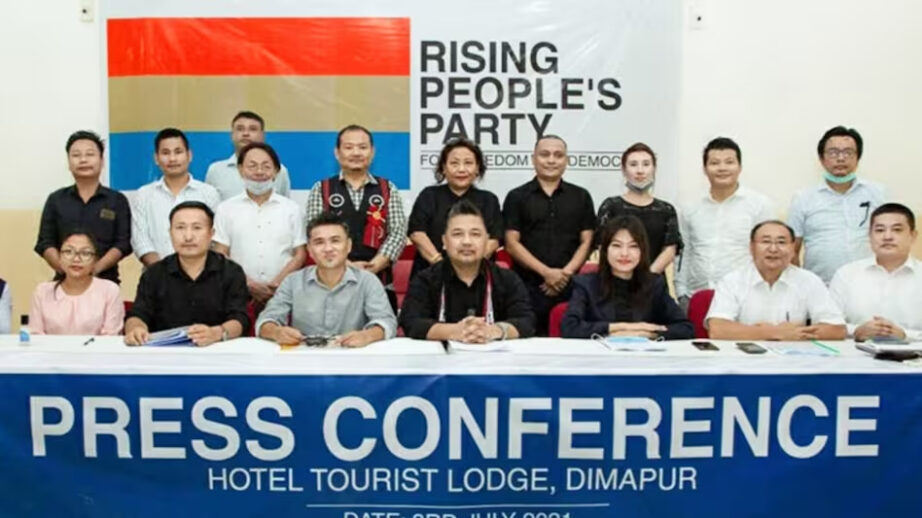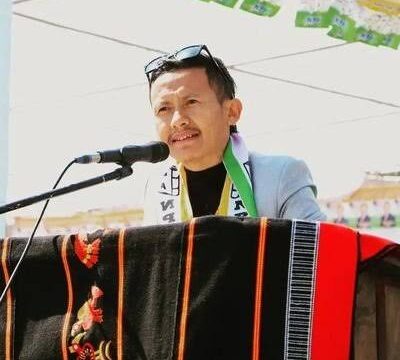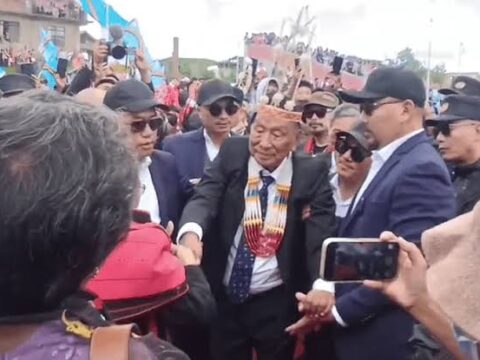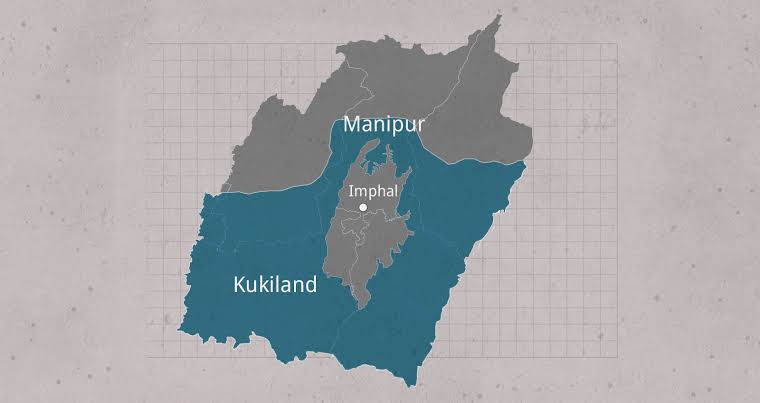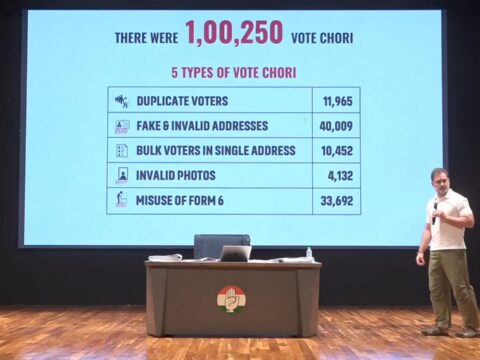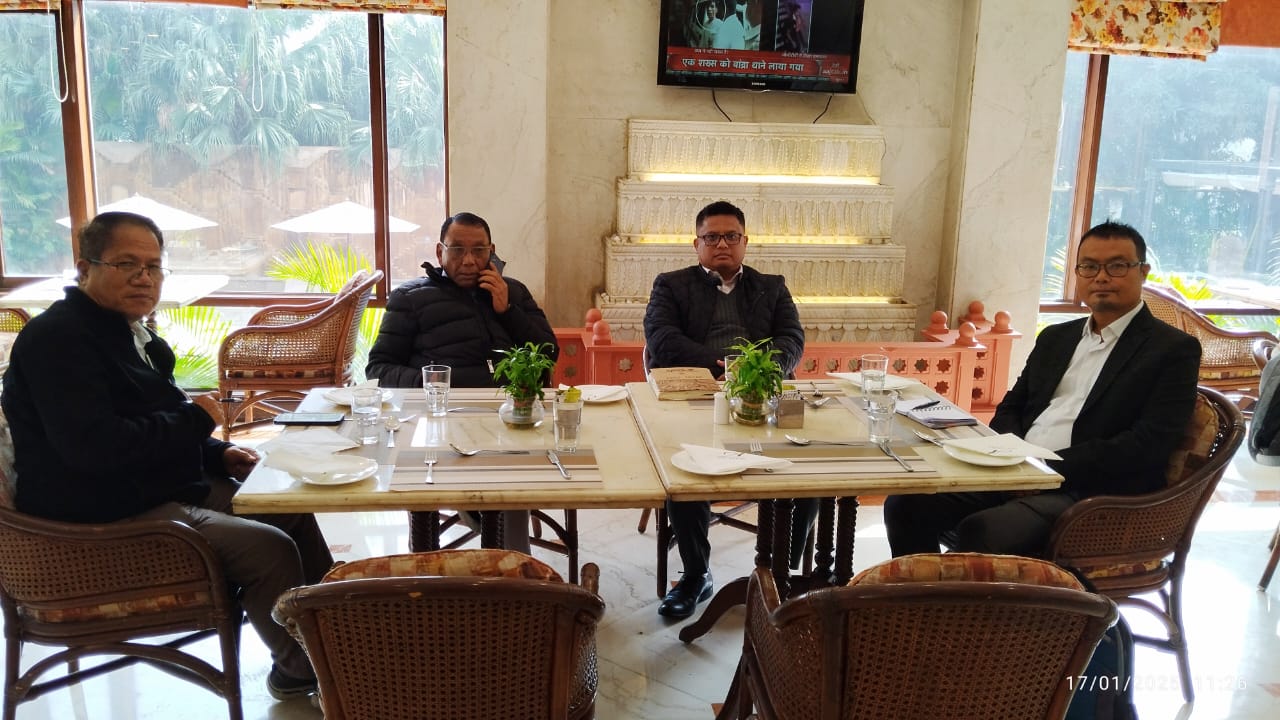Dimapur: The Rising People’s Party (RPP) has welcomed the Nagaland government’s recent clarification that the Kachari, Kuki, Garo, and Mikir communities are indigenous inhabitants of the state and, therefore, eligible to obtain Scheduled Tribe (ST) certificates and Indigenous Inhabitant Certificates (IICs).
In its clarification, the state government also informed that 24 posts for police constables have been reserved for these non-Naga indigenous tribes, acknowledging their rightful place within Nagaland’s socio-political fabric.
Following this development, the RPP took strong exception to a statement reportedly made by the Inner Line Regulation Commission (ILRC) of the Naga Students’ Federation (NSF), which had earlier claimed that “Nagas are the only indigenous people of Nagaland.” The RPP termed such a claim as “arrogant” and accused the ILRC of showing “utter disregard for historical and legal facts.”
In a press release issued on Wednesday, the RPP said that the ILRC’s remarks branding the four non-Naga tribes as “migrants” were deeply unfortunate and misleading. “Such an attitude reflects a narrow, jingoistic mindset and creates unnecessary division among communities who have long shared the same land,” the party stated.
The RPP further urged the NSF to review and nullify the ILRC’s previous statement, arguing that it had “sown confusion” and “portrayed the Nagas in a negative light before others.” The party reminded that the ILRC, as a body constituted under the NSF to oversee the implementation of the Inner Line Permit (ILP) system, should act with responsibility and fairness rather than “overstepping its mandate.”
Meanwhile, the RPP also dismissed what it described as “attempts to thrash the party on a non-issue in print media,” terming such efforts a “publicity-seeking exercise.” The party reiterated that it would continue to uphold the rights of all indigenous communities of Nagaland—Naga and non-Naga alike—within the constitutional framework.
